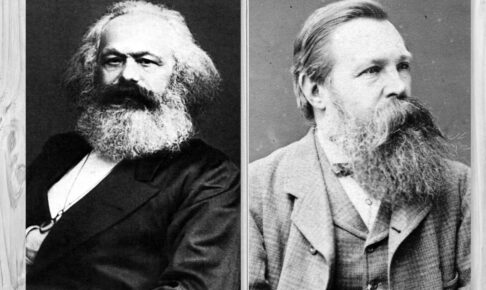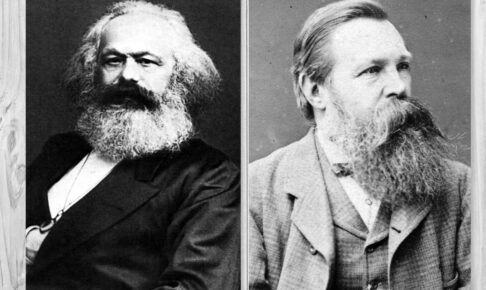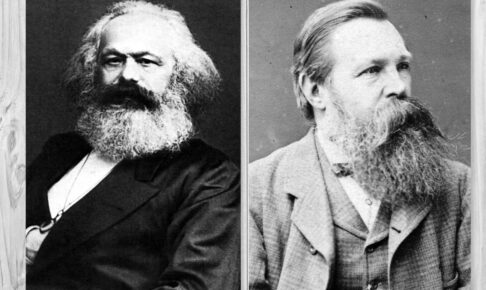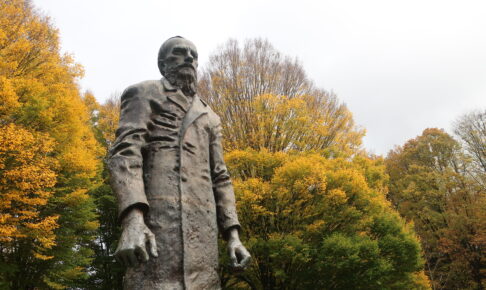List of "Learning from the Life and Thought Background of Marx Engels" Articles - Is Marx a Religious Phenomenon, Based on Historical Background and Thought Formation?
This article will summarize all 69 articles introduced in the series titled "Learning from the Lives and Thought Backgrounds of Marx and Engels".
These will give you a fairly detailed background on the emergence of Marx's and Engels' ideas. And this will give you a great insight not only into Marx-Engels, but also into religion, thought, culture, politics, and even the nature of human beings themselves.
We hope you will use this article as a table of contents for this series of articles.











































